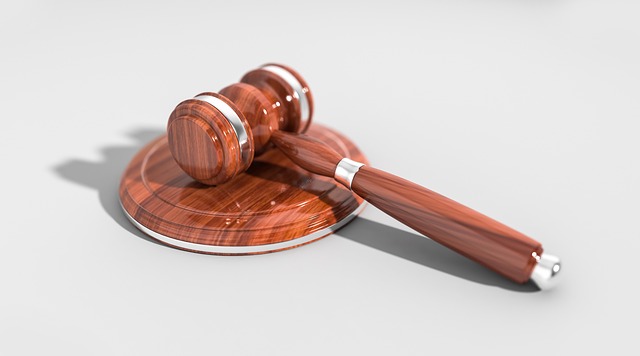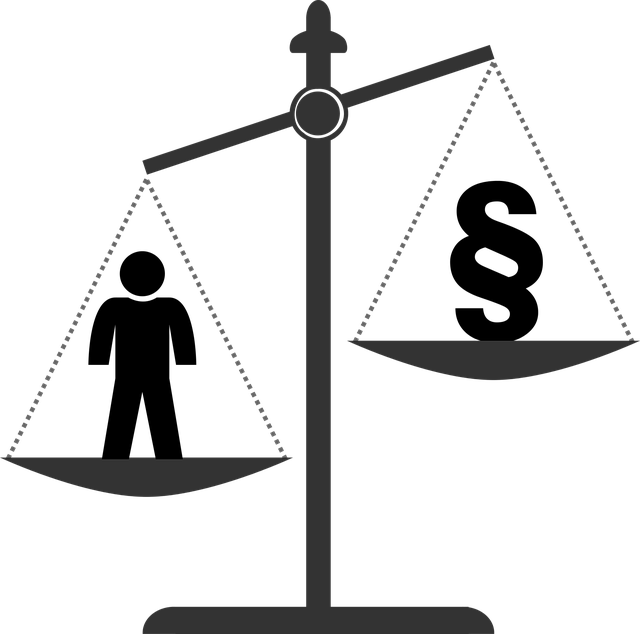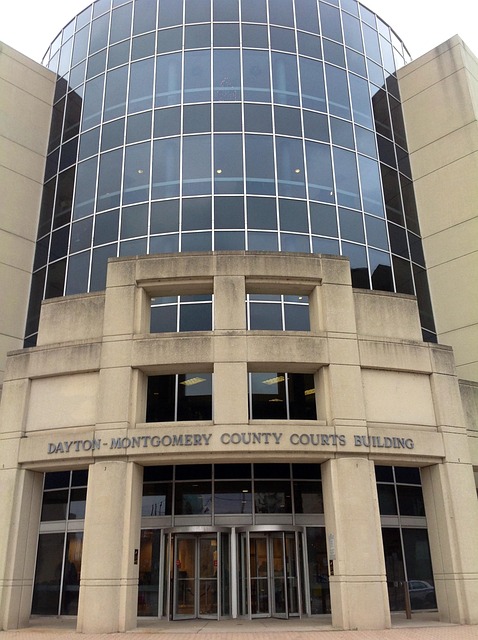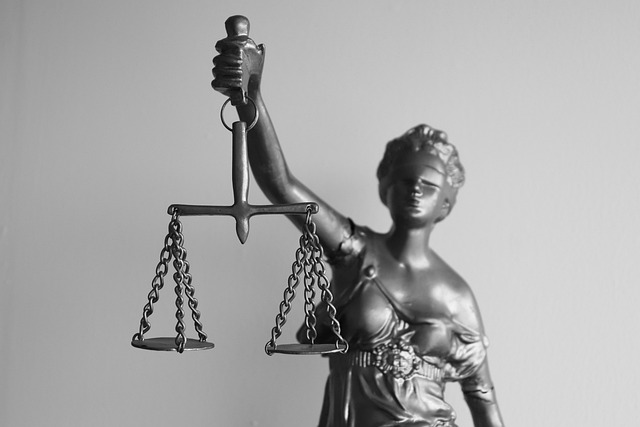Consumer Protection Under Competition Law acts as a shield for consumers, preventing exploitative business practices and ensuring access to quality goods and services. Regulatory bodies enforce these laws by investigating anti-competitive behaviors like price-fixing and market segmentation, fostering fairness and healthy competition. High-profile cases like United States v. Google (2013) have significantly shaped consumer protection, leading to substantial financial penalties for unethical businesses and promoting ethical conduct through criminal law deterrents.
Delve into the intricate world of criminal law cases and their profound impact on consumer protection. This article explores how competition law serves as a safeguard for consumers, ensuring fair practices in the marketplace. By examining real-world examples, we uncover the role of criminal justice in shaping robust consumer protection frameworks. Understanding these interconnections lays a foundation for fostering a just and transparent business environment, where consumer rights are upheld and protected under competition law.
- Understanding Consumer Protection Laws: A Foundation for Justice
- Competition Law and Its Role in Safeguarding Consumers
- Real-World Examples: How Criminal Law Cases Shape Consumer Protection
Understanding Consumer Protection Laws: A Foundation for Justice

Consumer Protection Laws are a crucial foundation for upholding justice within the criminal law landscape, particularly in cases involving Competition Law. These laws were designed to safeguard consumers from unfair practices and ensure they receive quality products or services. By enforcing Consumer Protection Under Competition Law, authorities can penalize businesses that engage in anti-competitive behaviors like price-fixing, market division, or abuse of dominant market positions. This not only protects consumers but also fosters a fair and competitive marketplace.
Understanding these laws is essential for both prosecutors and defendants alike, especially those involved in white collar defense. Knowledge of all stages of the investigative and enforcement process empowers individuals to avoid indictment by adhering to legal standards. It enables businesses to conduct their operations transparently, knowing they are complying with regulations that safeguard consumers while promoting economic growth.
Competition Law and Its Role in Safeguarding Consumers

Competition Law plays a pivotal role in safeguarding consumers by promoting fair market practices. It prevents companies from engaging in anti-competitive behaviors such as price-fixing, market allocation, and abuse of dominant market positions. These actions can restrict consumer choice, drive up prices, and limit innovation. By enforcing competition laws, regulatory bodies ensure that businesses operate in an open and transparent manner, fostering a level playing field for all participants.
This legislation protects consumers through various mechanisms, including monitoring all stages of the investigative and enforcement process. It ensures that businesses do not engage in practices that would artificially inflate costs or limit access to goods and services. Ultimately, Competition Law strengthens consumer protection under by promoting robust competition among respective businesses, thereby driving down prices, enhancing product quality, and broadening consumer choices.
Real-World Examples: How Criminal Law Cases Shape Consumer Protection

In recent years, several high-profile criminal law cases have significantly influenced and shaped the landscape of consumer protection under competition law. These real-world examples serve as powerful reminders of the intricate relationship between criminal justice and safeguarding consumers’ rights in the marketplace. For instance, prominent cases like United States v. Google (2013) revealed anti-competitive practices that led to a record settlement, emphasizing the potential for criminal liability when companies engage in market manipulation.
The impact extends beyond financial penalties; these cases often result in an unprecedented track record of transparency and regulatory compliance. For example, after facing serious charges, some corporations have achieved complete dismissal of all charges by cooperating with authorities, demonstrating the power of proactive measures to avoid indictment. This evolution underscores the dynamic nature of consumer protection, where criminal law plays a pivotal role in deterring unethical business conduct and fostering fair competition in the market.
Consumer protection under competition law is a multifaceted field that intertwines fair business practices with justice. By understanding consumer rights and strengthening competition, these laws empower individuals and foster a robust marketplace. The real-world examples highlighted in this article demonstrate the profound impact of criminal law cases on shaping consumer protection, underscoring the importance of navigating these intricate legal landscapes to ensure a safe and equitable environment for all consumers.






